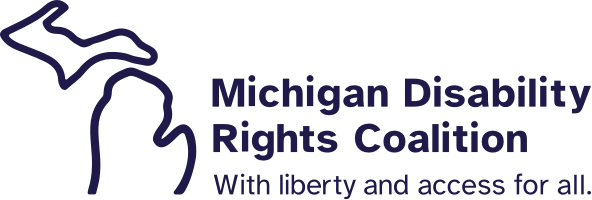My Wish for 2019: Protected Net Neutrality
Tuesday, December 18, 2018
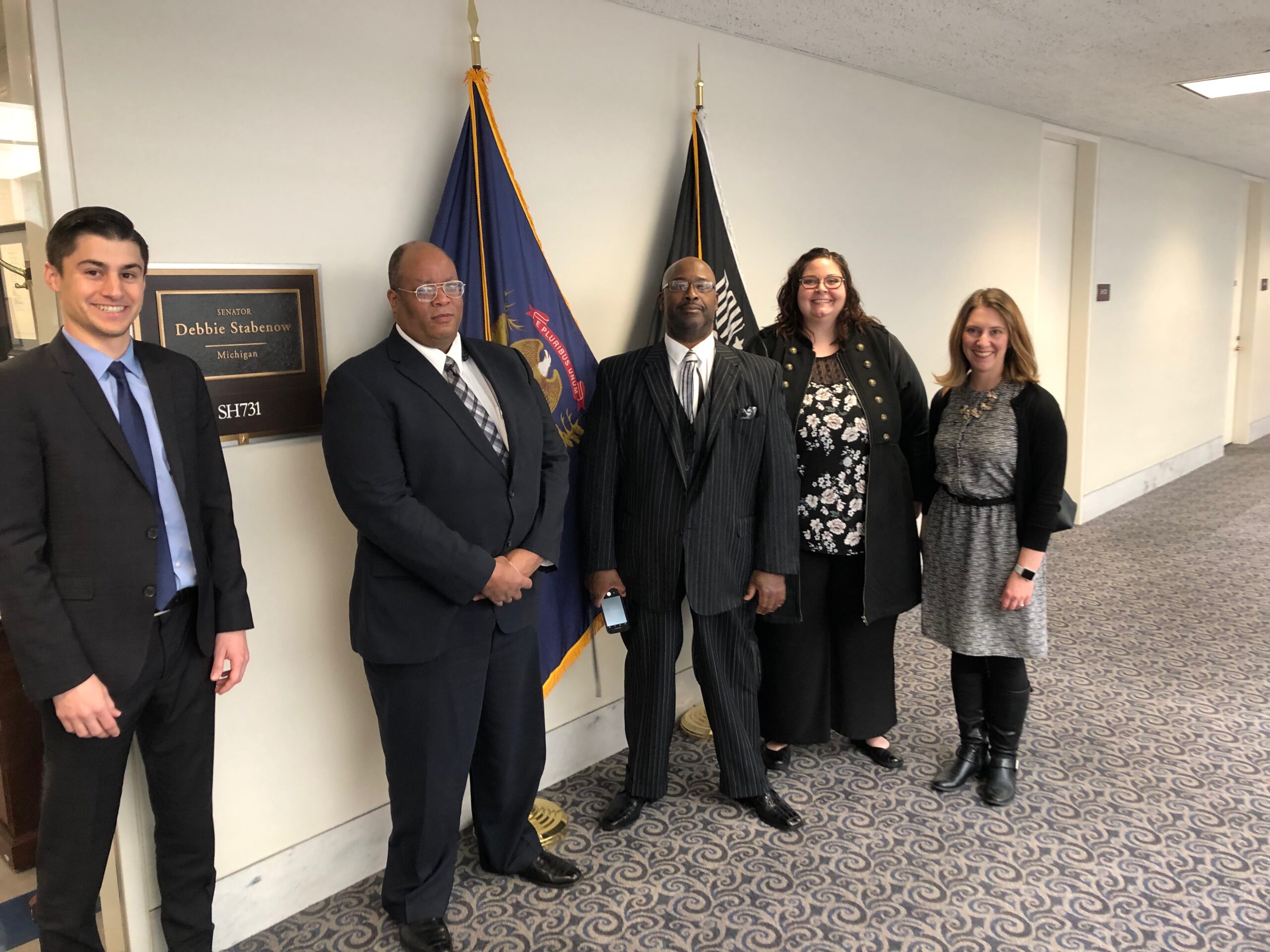
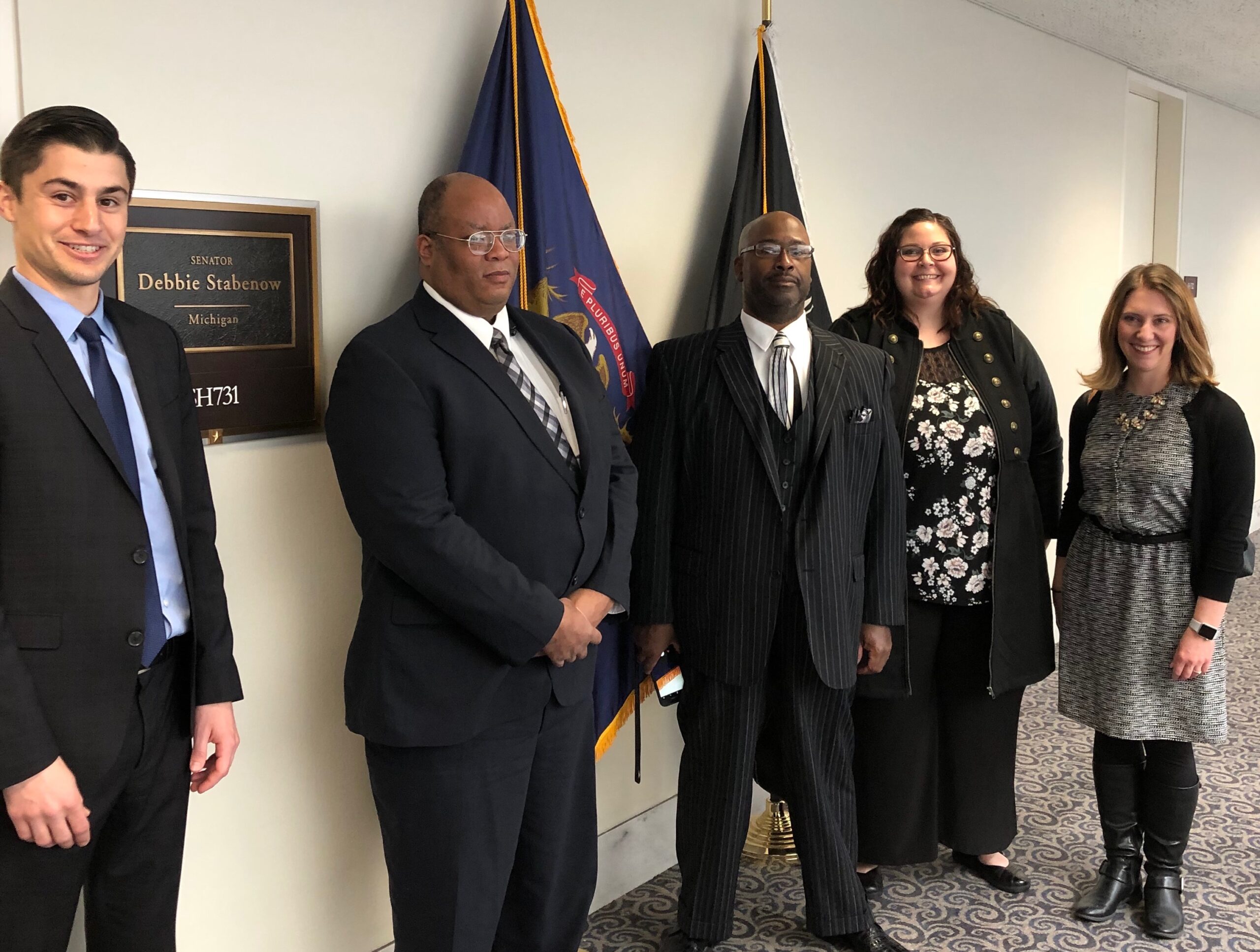
By MATP Staff Jen Mullins
During a recent trip to Washington D.C., organizers from Community Catalyst arranged for me to meet with staff from Senator Debbie Stabenow‘s office and Congresswoman Debbie Dingell‘s office. In preparation for these meetings, I was encouraged to talk about the need for continued protections for medicaid and medicare and also asked to speak about any other issues I was passionate about; issues that impacted my own, everyday life. One issue that I brought up in both meetings was the need for the protection of net neutrality. Wired describes net neutrality as, “the idea that Internet Service Providers (ISP’s) like Comcast and Verizon should treat all content flowing through their cables and cell towers equally. That means they shouldn’t be able to slide some data into ‘fast lanes’ while blocking or otherwise discriminating against other material. In other words, these companies shouldn’t be able to block you from accessing a service like Skype, or slow down Netflix or Hulu, in order to encourage you to keep your cable package or buy a different video-streaming service.” Access to something so important that a majority of us use everyday, the internet, should be equal for everyone.
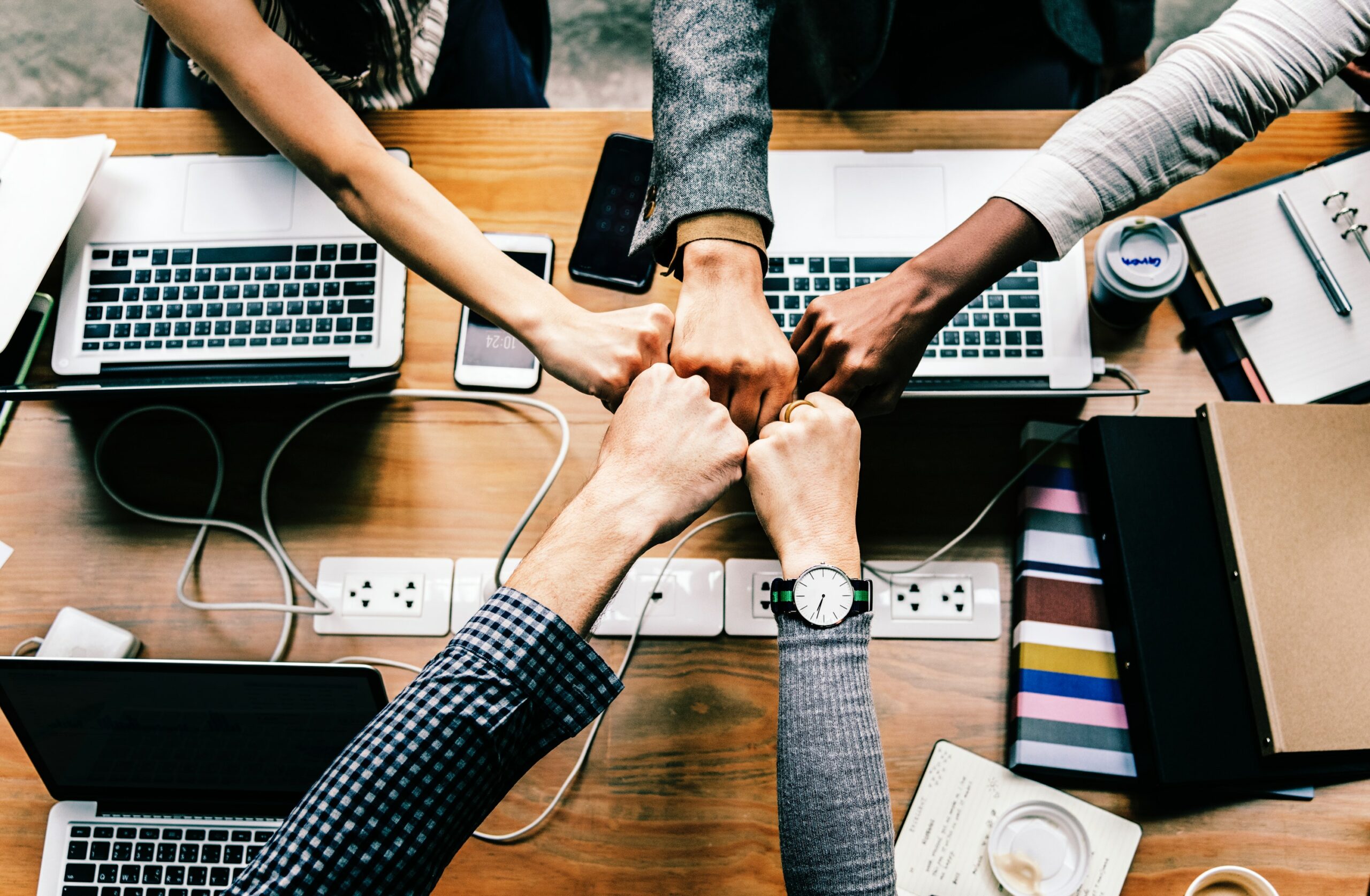 Alice Wong, founder and director of the Disability Visibility Project, is quoted having said, “Net neutrality is a civil right.” She shares, “With the Disability Visibility Project, I’ve been able to build community & amplify our media to the public with Twitter chats, a podcast, and blog posts. As a co-partner in #CripTheVote, an online movement encouraging the political participation of disabled people, I’ve seen first-hand the power of hashtags that create a space for action and conversation. Without net neutrality, I wouldn’t have the same reach, platform, or voice. A majority of my work takes place online. It’s also where I go to find support, solidarity, and friendship across time and space. Some disabled people like me encounter barriers while being out or are isolated socially and geographically. There are disabled people who cannot leave their beds who are badass activists with incredible social media presence because of the Internet. It is a literal lifeline for many including myself.”
Alice Wong, founder and director of the Disability Visibility Project, is quoted having said, “Net neutrality is a civil right.” She shares, “With the Disability Visibility Project, I’ve been able to build community & amplify our media to the public with Twitter chats, a podcast, and blog posts. As a co-partner in #CripTheVote, an online movement encouraging the political participation of disabled people, I’ve seen first-hand the power of hashtags that create a space for action and conversation. Without net neutrality, I wouldn’t have the same reach, platform, or voice. A majority of my work takes place online. It’s also where I go to find support, solidarity, and friendship across time and space. Some disabled people like me encounter barriers while being out or are isolated socially and geographically. There are disabled people who cannot leave their beds who are badass activists with incredible social media presence because of the Internet. It is a literal lifeline for many including myself.”
When I spoke with the staff from Sen Stabenow’s office and staff from Rep Dingell’s office, I shared that during this past July, while firefighters were working tirelessly to put out the devastating wild fires in California, they lost their ability to communicate with one another wirelessly because they had used too much data. 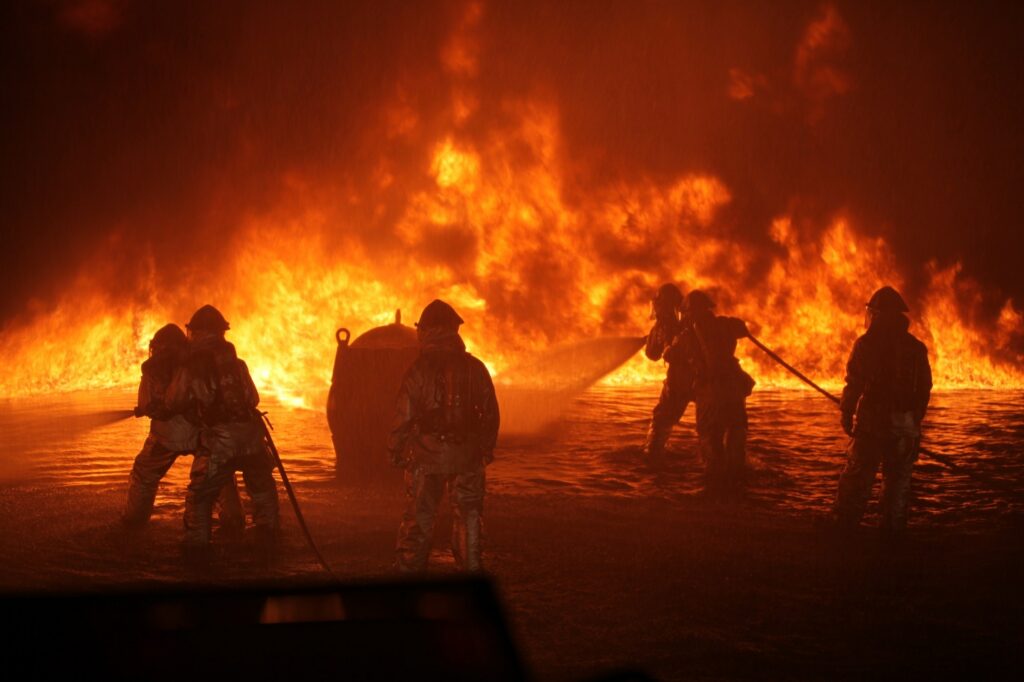 “Verizon virtually cut off the internet connection to a vital command and control vehicle used to receive calls for help and to coordinate firefighters and equipment. One firefighter said the service became basically unusable, cutting off firefighters from vital emergency communications. Why? Because the fire department had maxed out its monthly data allotment during the emergency. Verizon representatives confirmed the throttling [greatly slowing down or stopping of internet access], but, rather than restoring the firefighters to an essential data transfer speed, they indicated that County Fire would have to switch to a new data plan at more than twice the cost. Additionally, Verizon said that they would only remove throttling after the fire department contacted the department that handles billing and switched to the new data plan.” This additional, human-created, barrier happened while fires raged and human beings were putting their lives on the line to save others.
“Verizon virtually cut off the internet connection to a vital command and control vehicle used to receive calls for help and to coordinate firefighters and equipment. One firefighter said the service became basically unusable, cutting off firefighters from vital emergency communications. Why? Because the fire department had maxed out its monthly data allotment during the emergency. Verizon representatives confirmed the throttling [greatly slowing down or stopping of internet access], but, rather than restoring the firefighters to an essential data transfer speed, they indicated that County Fire would have to switch to a new data plan at more than twice the cost. Additionally, Verizon said that they would only remove throttling after the fire department contacted the department that handles billing and switched to the new data plan.” This additional, human-created, barrier happened while fires raged and human beings were putting their lives on the line to save others.
The point that I made to the legislative staff was that during literal life and death moments, an internet service provider decided to limit access to service. What happens when it’s not a situation of life and death on a huge, statewide-scale? What if it’s internet access in a hospital to patient files? Does internet access matter less? Does someone who feels suicidal and reaches out to a chatroom for help matter less? Does someone who needs to access their local paratransit schedule on their phone matter less? Does someone who doesn’t type and uses a voice to text app on their iPad to complete a job application matter less? Does someone who uses social media to advocate and feel less isolated matter less? No, no one matters less and their access to the internet should not be limited; that’s the core of net neutrality and why it needs to be protected.
If you feel passionate about protections for net neutrality, please consider contacting your legislators and talking with them about it. Our elected officials need to hear from us-the people who vote for them-about what’s important to us and what we need them to work on.

